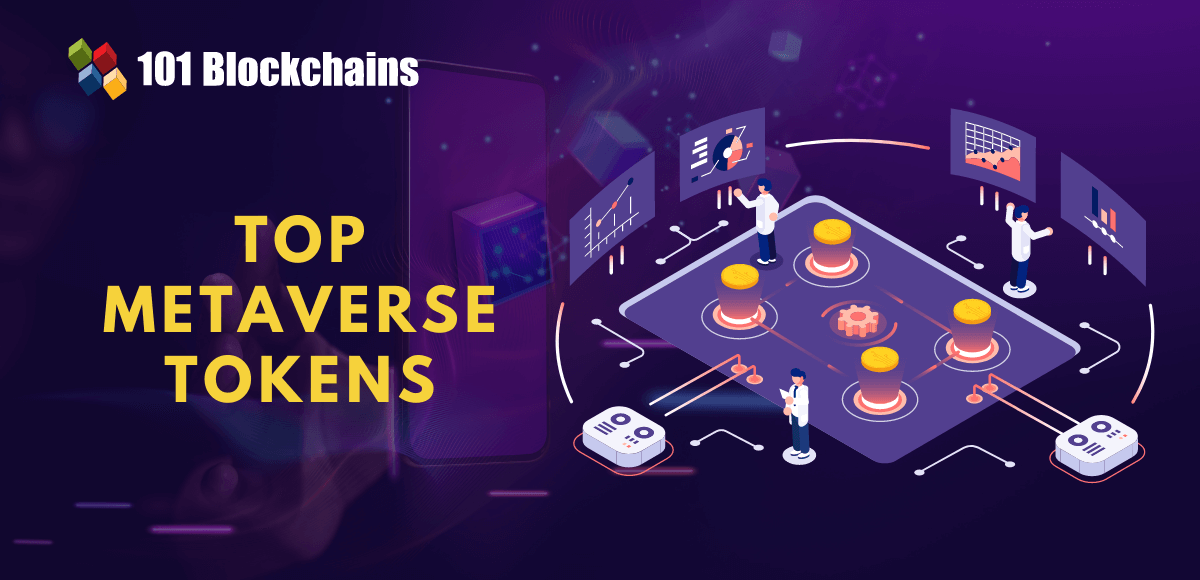
Metaverse Tokenization: Unlocking Virtual Value Economies
Venturing into the Metaverse unveils a world where tokenization takes center stage, reshaping the digital landscape and redefining the concept of value within virtual realms. Metaverse tokenization goes beyond mere transactions, offering a key to unlocking the vast potential of virtual economies.
The Rise of the Metaverse
As the Metaverse gains prominence, it transcends the boundaries of a virtual space to become a thriving ecosystem. Tokenization, a fundamental concept within this digital universe, emerges as the mechanism driving economic activities and interactions. The rise of the Metaverse is intrinsically tied to the innovative concept of tokenized assets.
Tokenization: A Digital Transformation
Tokenization in the Metaverse represents a digital transformation that extends far beyond the conventional understanding of cryptocurrencies. It involves the conversion of real or virtual assets into digital tokens, each representing a unit of value within the Metaverse. This process lays the foundation for a decentralized and transparent virtual economy.
NFTs and Digital Ownership
Non-Fungible Tokens (NFTs) become the epitome of tokenization within the Metaverse. These unique digital assets authenticate ownership and scarcity, enabling users to possess and trade virtual items with real-world value. From virtual real estate to digital art, NFTs redefine the concept of ownership in the digital realm.
Decentralized Finance (DeFi) in the Metaverse
Metaverse tokenization extends its reach into the realm of decentralized finance. Through DeFi protocols, users can leverage tokenized assets to engage in various financial activities such as lending, borrowing, and yield farming. This decentralized approach reshapes the financial landscape within the Metaverse, providing users with unprecedented financial opportunities.
Gaming Economies and Virtual Assets
In the Metaverse, gaming is not just a form of entertainment; it’s a thriving economy. Tokenization plays a crucial role in this context, enabling the creation and exchange of virtual assets within gaming environments. Virtual items, characters, and in-game currencies become tokenized assets, fostering dynamic and decentralized gaming economies.
Social Tokens and Virtual Communities
Metaverse tokenization extends beyond tangible assets to include social tokens, representing influence, reputation, or community membership. These tokens empower users within virtual communities, creating new avenues for community governance and participation. Social tokens redefine the dynamics of online social interactions.
Cross-Platform Interoperability
One of the key advantages of Metaverse tokenization is its ability to foster cross-platform interoperability. Tokenized assets can seamlessly move between different virtual spaces and platforms, breaking down silos and creating a unified Metaverse experience. This interoperability enhances user engagement and expands the scope of virtual economies.
Challenges and Regulatory Considerations
While Metaverse tokenization opens up a world of possibilities, it also brings forth challenges and regulatory considerations. Issues such as security, standardization, and legal frameworks need careful attention to ensure the responsible and sustainable development of tokenized ecosystems within the Metaverse.
Metaverse Tokenization: A Gateway to Virtual Innovation
Metaverse tokenization stands as a gateway to unprecedented virtual innovation. It transforms the way we perceive and interact with digital assets, offering a glimpse into a future where the boundaries between the virtual and physical worlds blur. To delve deeper into the realm of Metaverse tokenization, visit Metaverse Tokenization. Explore the possibilities and witness firsthand the transformative power of virtual value economies.
